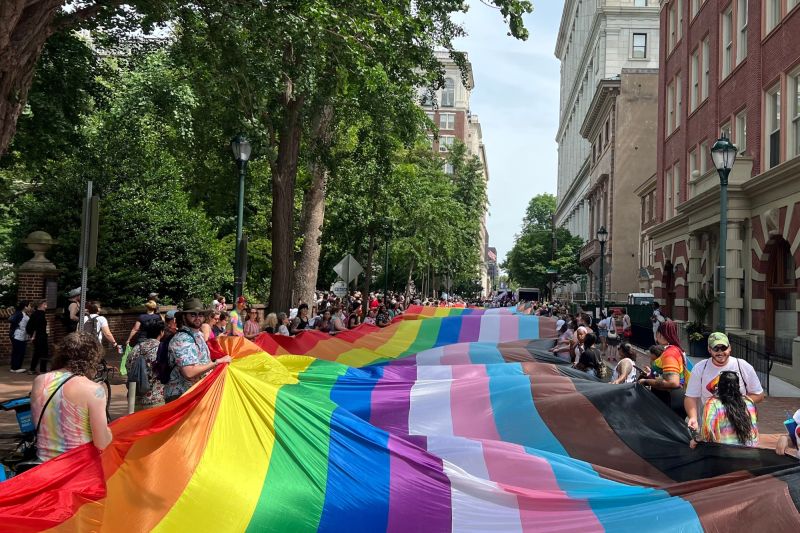UPenn Students Rally for LGBTQ+ Justice on Campus: A Call for Institutional Change
At the University of Pennsylvania, a recent student-led march highlighted the urgent need for institutional change to support LGBTQ+ rights and justice on campus. The protest, organized by student leaders and supported by a coalition of campus organizations, called attention to the ongoing struggles faced by the queer community at UPenn and demanded tangible actions from the administration.
The rally was spearheaded by Lily Brenner, a prominent student activist, and garnered the support of various campus groups, including Out in STEM and Penn Non-Cis. These organizations have long been advocating for the rights and well-being of LGBTQ+ students, and the march served as a culmination of their ongoing efforts to push for systemic change.
One of the central demands of the protestors was increased funding for LGBTQ+ scholars. The students argued that despite the university’s reputation as a progressive institution, there is still a significant lack of financial support for queer students pursuing academic excellence. This lack of funding not only limits opportunities for LGBTQ+ scholars but also perpetuates systemic inequities within the academic environment.
Another critical issue raised during the march was the need for improved health resources for LGBTQ+ students. The protestors emphasized that the current health services on campus do not adequately address the unique needs of queer students, particularly those related to mental health, gender-affirming care, and sexual health. The students called for more comprehensive and accessible health resources that are specifically designed to support the LGBTQ+ community.
In addition to these demands, the protestors also highlighted concerns about the enforcement of the university’s free expression guidelines. They argued that these guidelines are often applied in a manner that disproportionately affects marginalized groups, including LGBTQ+ students. The marchers called for a more equitable approach to free expression that ensures all students have the right to voice their opinions and express their identities without fear of retribution or discrimination.
The march at UPenn is part of a broader movement across college campuses in the United States, where students are increasingly demanding that their institutions take concrete steps to support LGBTQ+ rights. The protestors at UPenn made it clear that symbolic gestures are no longer enough—what is needed now are real, substantive changes that will create a more inclusive and supportive environment for all students.
As the students continue to advocate for their rights, the ball is now in the university administration’s court. The UPenn community and its allies have made their voices heard, and the expectation is that the university will respond with meaningful actions that reflect its commitment to justice and equality. The outcome of this movement will not only impact the current student body but will also set a precedent for future generations of LGBTQ+ students at UPenn.
This march serves as a reminder that the fight for LGBTQ+ rights is far from over, even at institutions that are often seen as progressive. The students at UPenn are leading the charge, and their efforts are a powerful example of what can be achieved when a community comes together to demand change.



